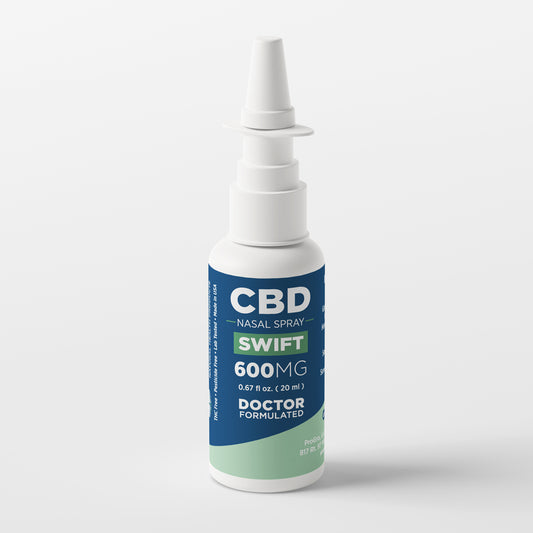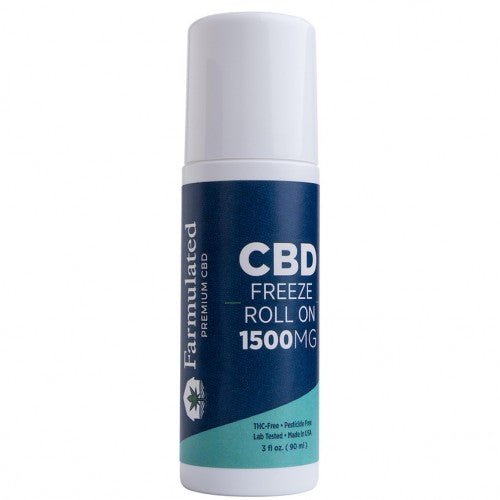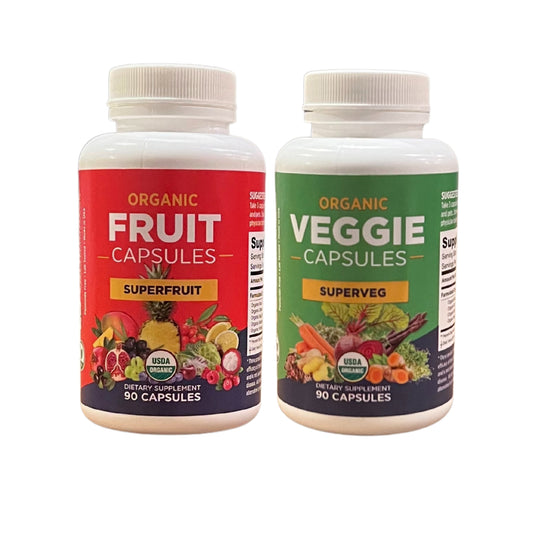Cannabidiol (CBD) is a non-intoxicating compound derived from the cannabis plant. Known for its potential therapeutic benefits, CBD is used to treat various conditions, including anxiety, pain, and inflammation. However, the safety of using CBD while breastfeeding remains under-researched. This article explores what is known about CBD and breastfeeding and offers some safe alternatives for nursing mothers seeking relief from common ailments.
CBD and Breastfeeding: Current Research
Transfer of CBD into Breast Milk
A 2018 study published in the journal Pediatrics investigated the transfer of CBD into human breast milk. The study found that CBD did pass into breast milk, but at levels not considered harmful to infants. However, the study was limited, involving only eight participants, highlighting the need for more extensive research.
Lack of Human Studies
Most research on CBD has been conducted on animals rather than humans. This gap in human studies means that while preliminary findings might suggest safety, definitive conclusions cannot yet be drawn. Consequently, healthcare providers often advise caution and recommend avoiding CBD while breastfeeding until more conclusive evidence is available.
Safe Alternatives for Nursing Mothers
If you are a breastfeeding mother looking for relief from anxiety, pain, or other common ailments, several natural alternatives may be safer options. These include:
Chamomile Tea
Chamomile tea is widely used as a natural remedy for anxiety and insomnia. To prepare, steep a chamomile tea bag in hot water for 5-10 minutes and drink as needed. Chamomile is gentle and can help promote relaxation without the potential risks associated with CBD.
Ginger Root
Ginger root is known for its anti-inflammatory properties and can be used to treat nausea, vomiting, and pain. Fresh ginger root can be peeled, sliced, and steeped in hot water for 10 minutes to make a soothing tea. This natural remedy is readily available and safe for breastfeeding parents.
Lavender Oil
Lavender oil has calming effects and is used to treat anxiety and insomnia. It can be added to a diffuser or inhaled by adding a few drops to a cup of hot water. Lavender oil is another natural option that can help nursing mothers manage stress and promote better sleep.
Understanding the Endocannabinoid System and Breastfeeding
The Role of the Endocannabinoid System
The endocannabinoid system (ECS) plays a vital role in regulating various bodily functions, including mood, sleep, and immune response. The ECS consists of endocannabinoids and receptors (CB1 and CB2) that interact with cannabinoids from the cannabis plant, such as CBD.
Potential Risks to the Developing Fetus and Infant
The ECS is active in both the mother and the developing fetus, and cannabinoids can influence this system. Potential risks of using CBD while breastfeeding include:
- Transfer to Breast Milk: As noted, CBD products can pass into breast milk, possibly affecting the infant.
- Lack of Data on Long-term Effects: The long-term effects of CBD exposure on infants are unknown, necessitating caution.
CBD and Postpartum Depression
Exploring CBD as a Treatment
Postpartum depression (PPD) affects many new mothers, leading to symptoms such as severe mood swings, fatigue, and anxiety. While some anecdotal evidence suggests that CBD might help alleviate these symptoms, there is limited scientific research to support its use during the postpartum period, especially for breastfeeding mothers.
Safer Alternatives for PPD
Nursing mothers experiencing PPD may consider other treatments, such as:
- Therapy and Counseling: Professional support can provide coping strategies and emotional support.
- Medications: Some antidepressants are considered safe for breastfeeding women; consult a healthcare provider for recommendations.
- Lifestyle Changes: Regular exercise, healthy eating, and adequate sleep can improve mental health.
Legal and Regulatory Considerations
Understanding the Legal Landscape
The legality of CBD varies by region, making it essential for breastfeeding mothers to understand local laws and regulations. Additionally, product quality and labeling can vary, so it's crucial to purchase CBD from reputable sources that provide third-party testing results.
Consulting Healthcare Providers
Before considering CBD oil, breastfeeding mothers should consult healthcare providers to discuss potential risks and benefits. Professional guidance can help navigate the complexities of using CBD while ensuring the health and safety of both mother and baby.
Conclusion
While early research indicates that CBD might be safe for use during breastfeeding, more extensive studies are needed to confirm these findings. Until more information is available, it is best for breastfeeding mothers to avoid using CBD. Safe alternatives, such as chamomile tea, ginger root, and lavender oil, offer natural relief for common ailments. Always consult healthcare providers to make informed decisions about health and wellness during the breastfeeding period.
Additional Resources
- Scientific Studies: Explore research articles on CBD and breastfeeding.
- Support Groups: Connect with communities for support and shared experiences.
FAQs
Is it safe to use CBD while breastfeeding? Current research is inconclusive, and it is best to avoid using CBD while breastfeeding until more definitive studies are available.
What are safe alternatives to CBD for nursing mothers? Chamomile tea, ginger root, and lavender oil are natural remedies that can help manage anxiety, pain, and insomnia.
How does CBD affect breast milk? Studies have shown that CBD can transfer into breast milk, but the long-term effects on infants are not well understood.
By understanding the potential risks and exploring safer alternatives, breastfeeding mothers can make informed decisions about their health and well-being.
References:
- Pediatrics. (2018). Study on the Transfer of CBD into Human Breast Milk.
- National Institute on Drug Abuse. (2021). Cannabis (Marijuana) Research Report.





